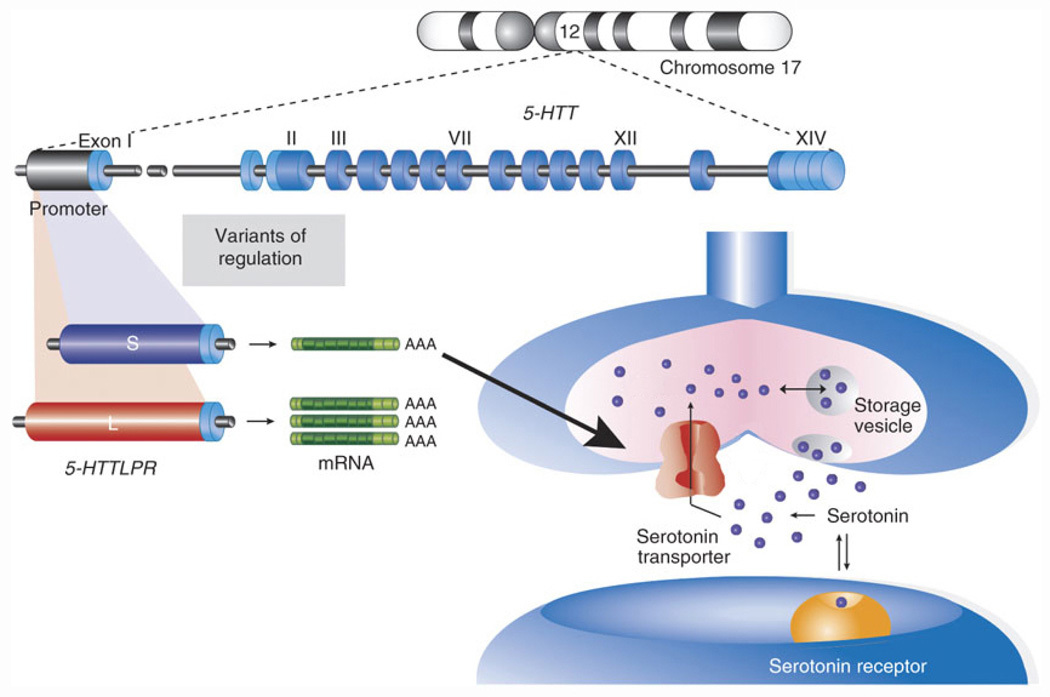
Genes, Economics, and Happiness
Abstract
We explore the influence of genetic variation on subjective well-being by employing a twin design and genetic association study. In a nationally representative twin sample, we first show that ~33% of the variation in life satisfaction is explained by genetic variation. Although previous studies have shown that baseline happiness is significantly heritable, little research has considered molecular genetic associations with subjective well-being.We study the relationship between a functional polymorphism on the serotonin transporter gene (5-HTTLPR) and life satisfaction. We initially find that individuals with the longer, transcriptionally more efficient variant of this genotype report greater life satisfaction (n " 2,545; p " .012). However, our replication attempts on independent samples produce mixed results, indicating that more work needs to be done to better understand the relationship between this genotype and subjective well-being. This work has implications for how economists think about the determinants of utility, and the extent to which exogenous shocks might affect individual well-being.
Citation:
J.E. DeNeve, N.A. Christakis, J.H. Fowler, and B.S. Frey, "Genes, Economics, and Happiness" Journal of Neuroscience, Psychology, and Economics, 5(4): 193-211 (November 2012)